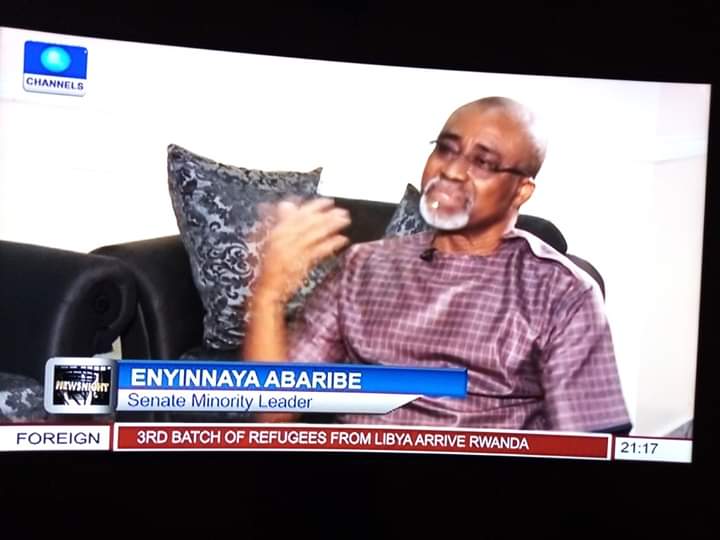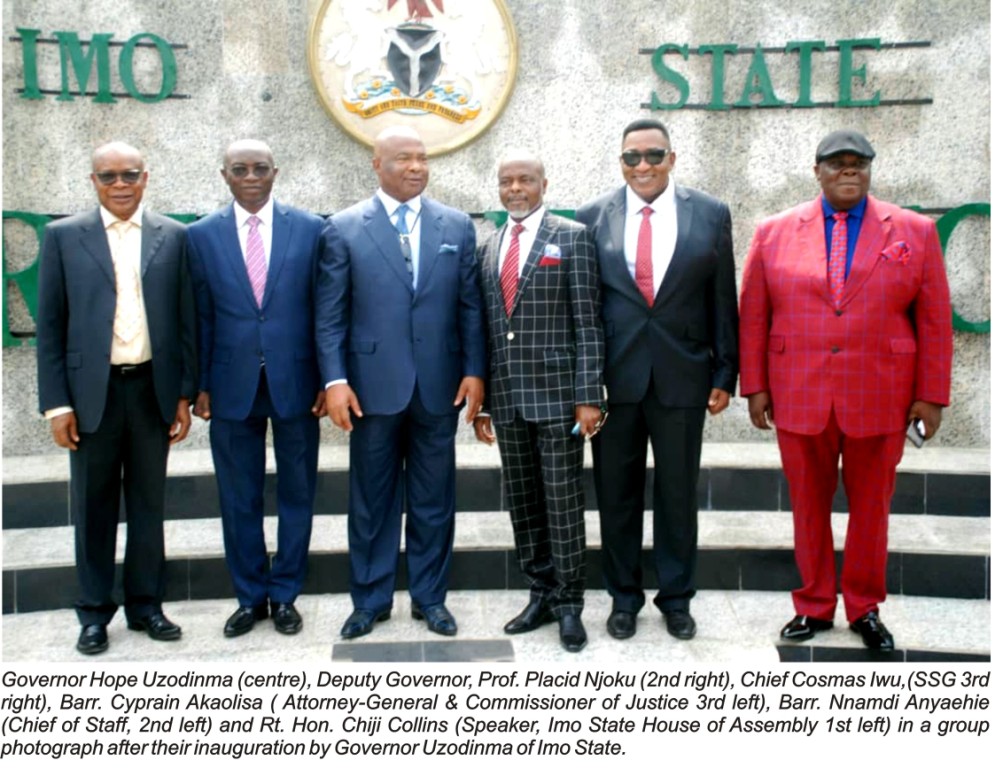…As decisions statutorily meant for ministers remain stranded
Today, July 10, 2019, marks yet another missed Federal Executive Council (FEC) meeting by the Federal Government of Nigeria due to no appointment of ministers who will serve as both administrative heads of ministries and cabinet members who usually meet on Wednesdays to review national affairs.
Otherwise, signals are becoming rife that the presidency, under President Muhammadu Buhari, may yet again be plying another dangerous trajectory it took in 2015 when his first term was inaugurated on May 29.
Recall that President Muhammadu Buhari waited for almost six months before appointing his ministers after inauguration in 2015 and that singular act created avoidable administrative gaps that pushed the economy into recession in early 2016.
Counting from Wednesday, May 29, 2019, today, Wednesday, July 10, 2019 marks the seventh Wednesday in a row, in which the FEC meeting cannot hold because ministers expected to seat down and review happenstances in the country ranging from economy to security, contracts and so many other critical issues of national importance that keep the economy alive are yet to be appointed and cleared by National Assembly.
Though President Buhari recently announced the appointment of 11 aides last week and backdated their resumption date to May 29, 2019, analysts say such leadership abracadabra cannot work in the case of federal cabinet.
Considering provisions of existing administrative rule of engagements, there are lots of pending memos that are in need of ministerial approvals which cannot be handled by Permanent Secretaries in ministries.
There are series of hanging Federal Government contracts that need one or two reviews or even release of funds for actions. All these are waiting for the appointment of ministers.
Analysts say as the pile of works for yet to be named new ministers gathers dusts, the economy is slipping gradually into another recession.
For example, the failure to constitute cabinet is currently stalling the conclusion of the sale of Afam Power Plc and the Yola Electricity Distribution Company, an investigation has shown.
This is based on the fact that the members of the National Council on Privatisation (NCP) which has the statutory role to approve the sale of the companies whose technical and financial bids have been concluded are drawn from the Federal Executive Council.
Officially, the Minister of Finance is the Vice-Chairman of the council which is chaired by the Vice-President, Prof Yemi Osinbanjo. Some other members of the cabinet which has yet to be constituted by the President are members of the council, thus creating a serious threat to the nation drive to stable power.
Findings showed that the Technical Committee of the NCP had approved the N124.3bn bids for Afam Power Plc and Yola Electricity Distribution Company but the process could not proceed because the NCP could not sit without forming a quorum.
On the other hand, the new Israeli Ambassador to Nigeria last month said there are lots of new investment proposals from home country private sector operators on agriculture, technology and even power that are handing due to no ministers to discuss the plans with.
Besides, development economists say due to the inability of FEC to meet in the last seven weeks, there had been serious squeeze in the economy as there is FEC to consider and approve contracts and release of funds that will be pushed into the system to push up liquidity and disposable income of the private sector to spike activities in every sector by way of multiplier effects.
Also, the quantum of debts owed contractors are no more receiving attention, thus pushing activities in every sector of the economy to standstill since May 29, 2019.
Pundits say such leadership rascality is avoidable trajectory to recession at a time the same government has signed the AfCFTA to join in continental free trade when the production sector are slipping to limbo.
Again, there is minister that can be said to have guided the presidency in signing to the continental free trade or follow up the signing at the ministerial level of the African Union (AU).
Business Hilights recalls that penultimate Monday, the reappointed Governor of the Central Bank of Nigeria (CBN), Godwin Emefiele, made it clear that the Nigerian economy is still fragile and susceptible to shocks both local and external.
However, there are minister of Finance and others to give such strategic information the needed critical corresponding fiscal policy position.
Some observers say the statement that Nigeria economy is still fragile is a wakeup call on the Presidency to act fast in constituting his cabinet to save the country from another recession, but nothing in that direction is on ground today.
Nationwide insecurity crisis is eating deep into the fabrics of the states and there is no Minister of Defence to issue security directives even as the 30-day ultimatum given by the CNG to cause confusion in the north for the suspension of RUGA Settlement by the Federal Government continues to count on.









